Key Features

Training Mode
Classroom and Online

Learning Method
Lecture & Self-Study

Lecture & Self-Study
1 Month
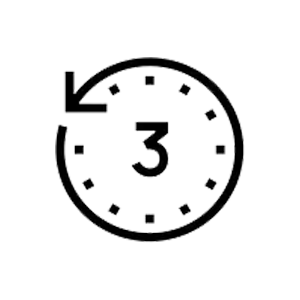
Training Hours
3 Hours per day

Hands on Labs
Yes

Study Material
Yes

Certificate
Yes

Batches
(Mon-Thu) & (Sat-Sun)
New CCNA 200-301 Course Overview
CCNA certification proves you have what it takes to navigate the ever-changing landscape of IT. CCNA exam covers networking fundamentals, IP services, security fundamentals, automation and programmability. Designed for agility and versatility, CCNA validates that you have the skills required to manage and optimize today’s most advanced networks.
The CCNA training course and exam give you the foundation to take your career in any direction. When you certify with Cisco, you are living proof of the standard and rigor that businesses recognize and trust to meet and exceed market demands
What you'll learn:

Network Fundamentals
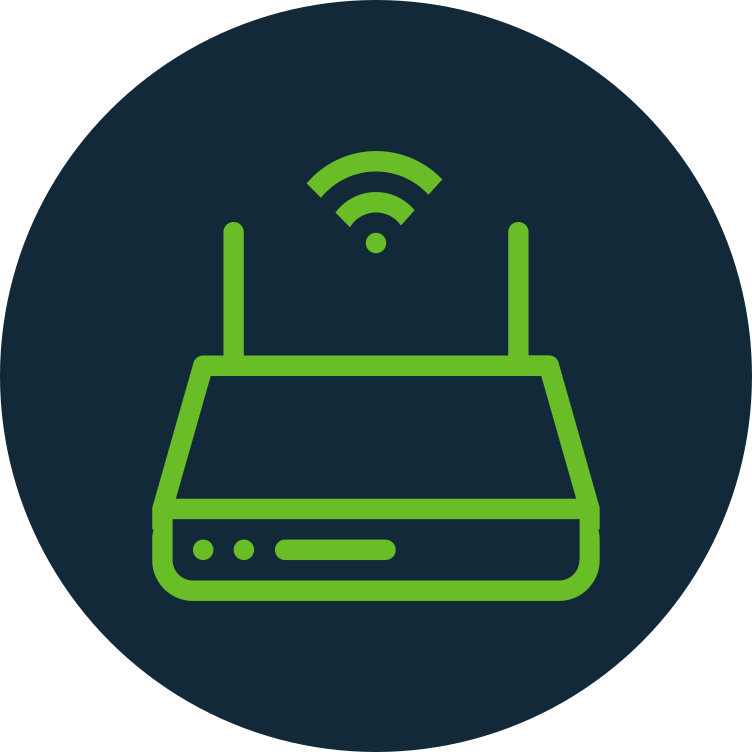
Network Access
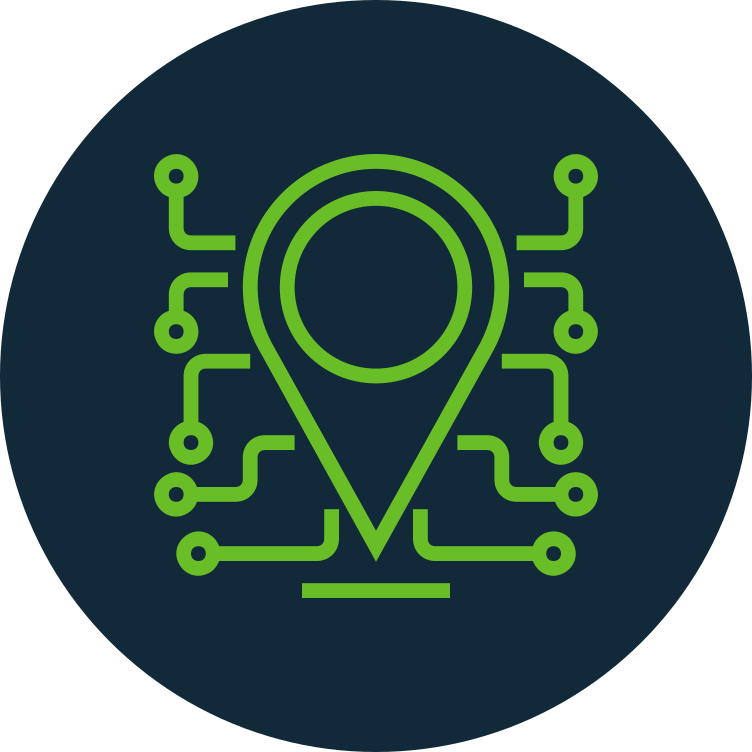
IP Connectivity
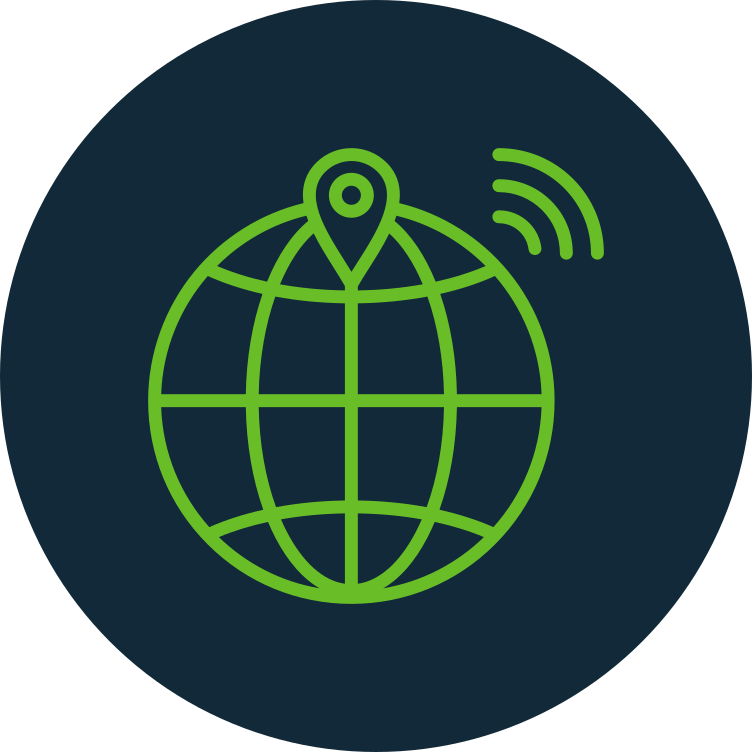
IP Services
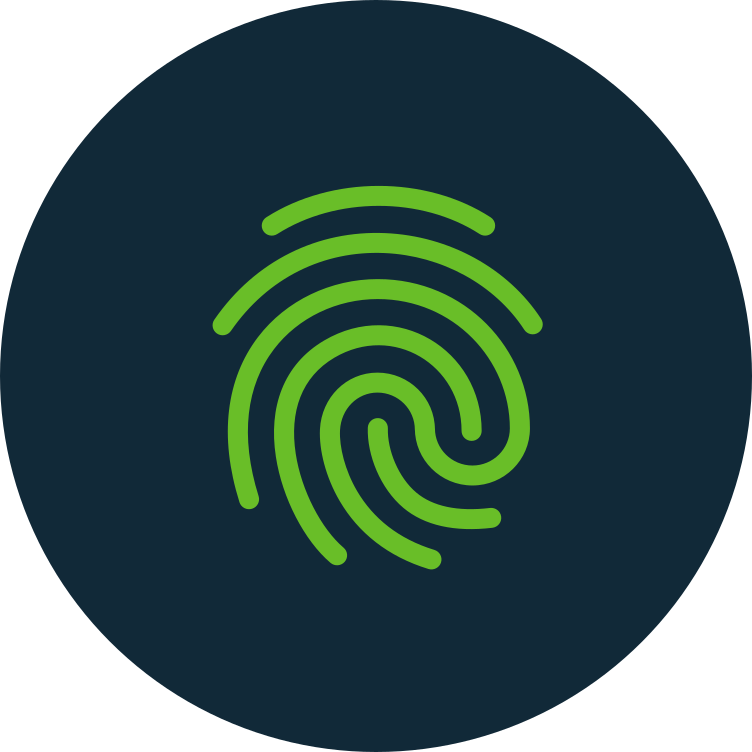
Security Fundamentals

Automation & Programmability
- Entry level network engineer
- Help desk technician
- Network Administrator
- Network support technician
No formal prerequisites but one or more years of experience implementing and
administering Cisco solutions is recommended.
Before taking this course, you should have:
- Basic computer literacy
- Basic PC operating system navigation skills
- Basic Internet usage skills
- Basic IP address knowledge
All Cisco certifications are valid for 3 years.
Pass a qualifying exam
Or Earn 30 continuing education credits
CCNA Syllabus
Implementing and Administering CCNA Course
- 1 month of Instructor-led classroom training
- 1 month of Virtual instructor-led group online training
- 15 days of 1-on-1 training (It saves your time as you get a personal trainer for the entire duration of the boot camp.)
Who are eligible for this course ?
- The course is open to anyone who meets the prerequisites, which include having a high school diploma or its equivalent
In instructor-led classes, topics are delivered in real-time, either in person or via video conferencing.
- Exploring the Functions of Networking
- Introducing the Host-to-Host Communications Model
- Operating Cisco IOS Software
- Introducing LANs
- Exploring the TCP/IP Link Layer
- Starting a Switch
- Introducing the TCP/IP Internet Layer, IPv4 Addressing, and Subnets
- Explaining the TCP/IP Transport Layer and Application Layer
- Exploring the Functions of Routing
- Configuring a Cisco Router
- Exploring the Packet Delivery Process
- Troubleshooting a Simple Network
- Introducing Basic IPv6
- Configuring Static Routing
- Implementing VLANs and Trunks
- Routing Between VLANs
- Introducing OSPF
- Building Redundant Switched Topologies
- Improving Redundant Switched Topologies with EtherChannel
- Exploring Layer 3 Redundancy
- Explaining Basics of ACL
- Managing Cisco Devices
- Get Started with Cisco Command-Line Interface (CLI)
- Observe How a Switch Operates
- Perform Basic Switch Configuration
- Implement the Initial Switch Configuration
- Inspect TCP/IP Applications
- Configure an Interface on a Cisco Router
- Configure and Verify Layer 2 Discovery Protocols
- Implement an Initial Router Configuration
- Configure Default Gateway
- Explore Packet Forwarding
- Troubleshoot Switch Media and Port Issues
- Troubleshoot Port Duplex Issues
- Configure Basic IPv6 Connectivity
- Configure and Verify IPv4 Static Routes
- Configure IPv6 Static Routes
- Implement IPv4 Static Routing
- Implement IPv6 Static Routing
- Configure VLAN and Trunk
- Troubleshoot VLANs and Trunk
- Configure a Router on a Stick
- Implement Multiple VLANs and Basic Routing Between the VLANs
- Configure and Verify Single-Area OSPF
- Configure and Verify EtherChannel
- Improve Redundant Switched Topologies with EtherChannel
- Configure and Verify IPv4 ACLs
- Implement Numbered and Named IPv4 ACLs
- Configure a Provider-Assigned IPv4 Address
- Configure Static NAT
- Configure Dynamic NAT and Port Address Translation (PAT)
- Implement PAT
- Log into the WLC
- Monitor the WLC
- Configure a Dynamic (VLAN) Interface
- Configure a DHCP Scope
- Configure a WLAN
- Define a Remote Access Dial-In User Service (RADIUS) Server
- Explore Management Options
- Explore the Cisco DNA Center
- Configure and Verify NTP
- Configure System Message Logging
- Create the Cisco IOS Image Backup
- Upgrade Cisco IOS Image
- Secure Console and Remote Access
- Enable and Limit Remote Access Connectivity
- Secure Device Administrative Access
- Configure and Verify Port Security
- Implement Device Hardening
- The 200-301 CCNA exam certifies your knowledge and skills related to network
fundamentals, network access, IP connectivity, IP services, security fundamentals, and
automation and programmability. - After you pass 200-301 CCNA, you earn CCNA certification.
Our New CCNA Training program provides the students with opportunity to have hands-
on labs on Real Cisco Devices which boost their Confidence at handling these devices and tools efficiently in enterprise networks.
- Router: ISR 1841, 1905, 2811, 2911
- Switches: 2950, 2960, 3750, 3560 Poe Switch
- Tools: Cisco IOS , Putty, GNS and Cisco Packet Tracer
Candidates will have Employment Opportunities with following Job Title
- Level 1 Network Engineer
- Level 1 Network Administrator
- Level 1 Network Support
- Level 1 Network Consultant
- Level 1 Technical Consultant
Course Objectives
The Implementing and Administering Cisco Solutions (CCNA) v1.0 course gives you a broad range of fundamental knowledge for all IT careers.
You will learn how to install, operate, configure, and verify basic IPv4 and IPv6 networks. The course covers configuring network components such as switches, routers, and wireless LAN controllers; managing network devices; and identifying basic security threats. The course also gives you a foundation in network programmability, automation, and software-defined networking.
This course helps you prepare to take the Cisco Certified Network Associate (200-301 CCNA) exam. By passing this one exam, you earn CCNA certification.
After taking this course, you should be able to:
- Identify the components of a computer network and explain their basic characteristics
- Describe the features and functions of the Cisco IOS Software
- Explain IPv4 and IPv6 addressing scheme
- Implement basic configurations on a Cisco router
- Identify and resolve common switching and routing networking issues
- Describe network and device architectures and explain virtualization
- Describe the smart network management solutions like Cisco DNA Center, SD-Access and SD-WAN
- Outline threat defense technologies
- And many, many more aspects of a basic IPv4 and IPv6 network

Exam & Training
| Exam Name | Exam Description | Duration | Schedule Exam | |
| New CCNA 200-301 Exam | To earn your CCNA certification, you must pass the 200-301 CCNA exam. This 120-minute exam tests your knowledge of: | 2 Hours |  |
Pearson VUE |
Training Plan & Schedule
Classroom
| Date | Course | Batch | Register |
| 05 December 2022 | Cisco Certified Network Associate | Weekdays (Mon-Fri) | Enquire now |
| 11 December 2022 | Cisco Certified Network Associate | Weekend (Sat-Sun) | Enquire now |
| 19 December 2022 | Cisco Certified Network Associate | Weekdays (Mon-Fri) | Enquire now |
| 25 December 2022 | Cisco Certified Network Associate | Weekend (Sat-Sun) | Enquire now |
Virtual Classroom
| Date | Course | Batch | Register |
| 05 December 2022 | Cisco Certified Network Associate | Weekdays (Mon-Fri) | Enquire now |
| 11 December 2022 | Cisco Certified Network Associate | Weekend (Sat-Sun) | Enquire now |
| 19 December 2022 | Cisco Certified Network Associate | Weekdays (Mon-Fri) | Enquire now |
| 25 December 2022 | Cisco Certified Network Associate | Weekend (Sat-Sun) | Enquire now |
CCNA Success Stories
I recently completed the CCNA Training course and I'm extremely pleased with my experience. The course with Mumbai Networks was comprehensive and easy to understand, with great instructors and support. The online resources and study materials were also very helpful and I found the certification exam to be quite straightforward. I would highly recommend this course to anyone looking to become a certified network engineer from Mumbai Networks.
FAQ on CCNA Certifications
CCNA certification was developed by Cisco in 1998. It was originally called a Cisco Certified Internetwork Engineer (CCIE) in 1993 and it was created by Mr. Stuart Biggs. The CCIE was aimed towards networking skills in those days.
As of now, you have 90 minutes to answer 50-55 questions in the CCNA exam. If your native language is not English, Cisco allows you a 30-minute exam time extension. Check with the exam center.
It now costs $325
The passing score is 810/1000.









